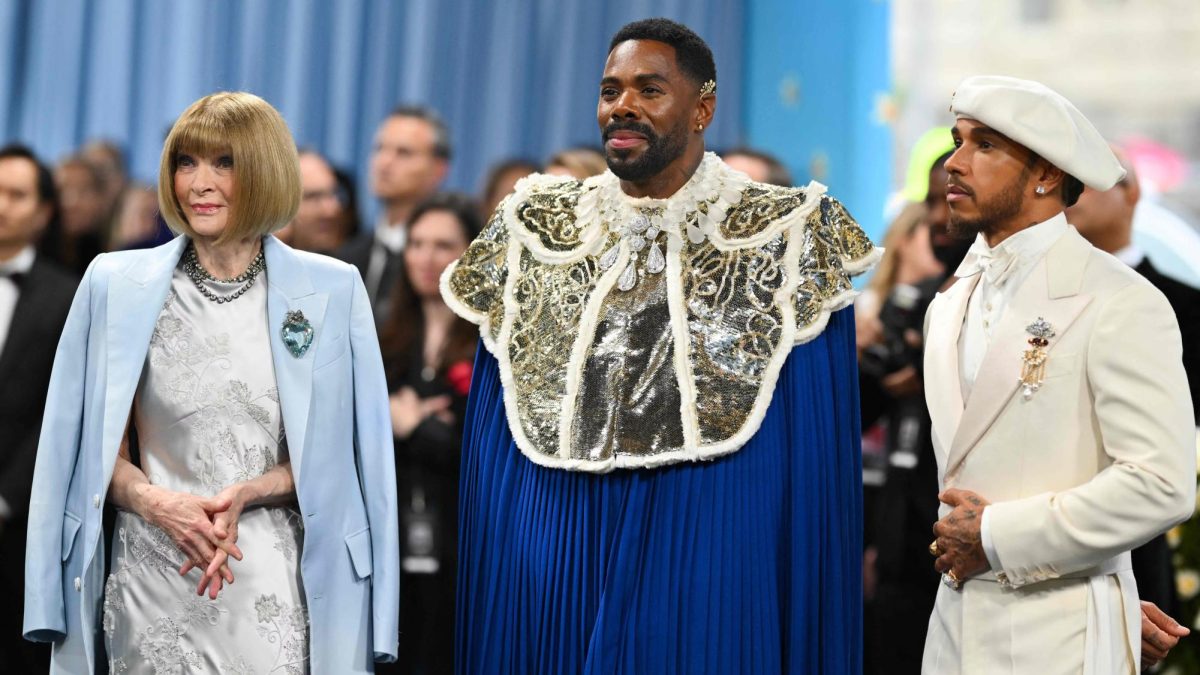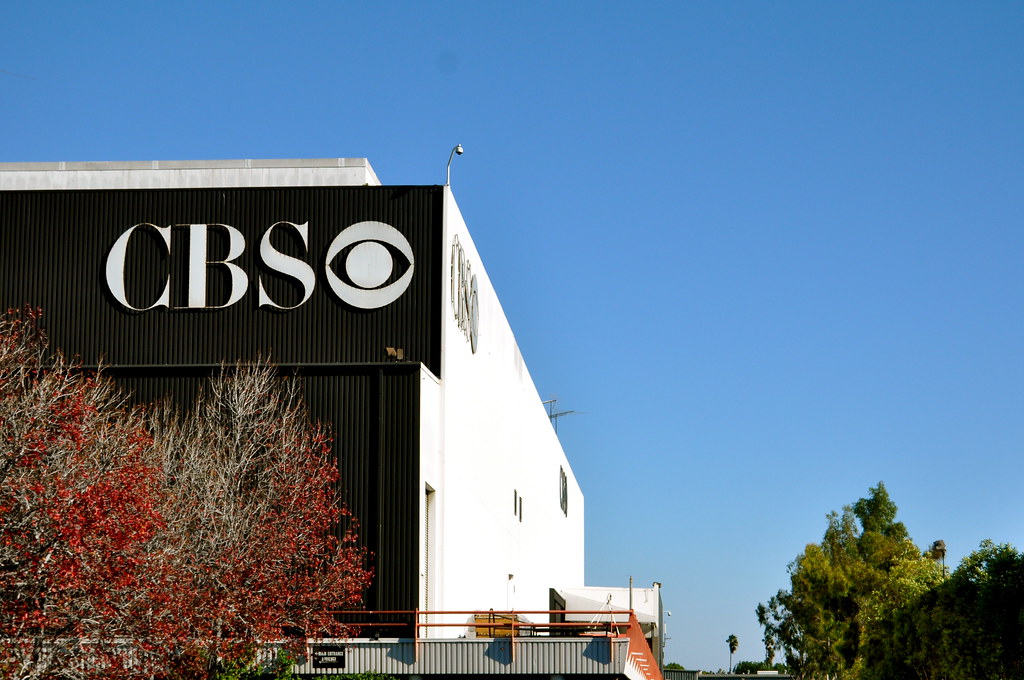This November, we stand on the brink of a historic turning point. As the presidential nominees continue to gather supporters, we can explore some career highlights from each candidate.
Current Vice President Kamala Harris is the first woman of color to hold the position of Vice President and the first Black and Asian American woman to receive a major party’s nomination. Prior to taking on the role of Vice President, Harris was renowned as a diligent prosecutor and held the positions of attorney general and senator in the state of California.
Former President Donald Trump is the first former president to be convicted of a felony, let alone 34, and the only president ever to be fired from “The Celebrity Apprentice.” NBC called for his dismissal following comments he made about Mexican immigrants during his 2016 presidential campaign: “When Mexico sends its people, they’re not sending their best. They’re sending people that have lots of problems, and they’re bringing those problems with us. They’re bringing drugs. They’re bringing crime. They’re rapists.”
With Election Day drawing near, we must ask ourselves who truly has our best interests at heart. One effective way to determine this is by reflecting on previous races to understand the gravity of the upcoming 2024 presidential election and its impact on our collective future.
2000 Election
The 2000 election marked the first time this century that a president rose to office without winning the popular vote. This election is also remembered for its prolonged resolution, extending five weeks beyond Election Day. The race was between Vice President Al Gore and Governor George W. Bush.
Al Gore gained popularity among voters due to his environmental advocacy and association with President Bill Clinton. Following Clinton’s second term, Gore announced his candidacy, garnering significant support from Democrats. Similarly, George W. Bush had deep political connections, being the son of former President George H. W. Bush.
On Election Day, Gore secured the popular vote by over 500,000 votes. However, the key to victory was the Electoral College. Throughout the night, the results hinged on Florida, where the vote was too close to call. Eventually, Florida was awarded to Bush, giving him a narrow five-electoral-vote lead.
Although Gore initially conceded, he later requested a recount due to various voter irregularities including improperly punched ballots, missing names and targeted ID demands from minority voters. After five weeks of legal battles, the U.S. Supreme Court intervened, halting the recount, citing that the process was unconstitutional, effectively securing Bush’s victory.
2016 Election
In 2016, former Secretary of State Hillary Clinton ran against Republican nominee Donald Trump. Trump ultimately won the election, becoming the oldest person to be sworn in as president at that time. He was also the first president in more than 60 years with no prior experience in Congress or as a governor.
The 2016 election was notable for being the fifth time in U.S. history that the winner of the Electoral College did not win the popular vote. This outcome was attributed to Trump’s success in mobilizing white voters and lower-income groups.
Leading up to Election Day, Clinton faced scrutiny when emails from her personal server were leaked. In July 2016, authorities suggested that the emails might contain compromising information regarding her tenure as Secretary of State. Although the investigation ultimately found no evidence of improper use, the controversy arguably set the tone for the remainder of her campaign.
The scandals surrounding the election did not end there. Trump himself faced controversy after a 2005 recording resurfaced in which he made demeaning remarks about women. In the clip, he can be heard saying: “Just kiss. I don’t even wait. And when you’re a star, they let you do it. You can do anything. Grab them by the p****. You can do anything.”
Following Trump’s inauguration, an FBI report confirmed that Russia interfered with the election. Dissatisfied with the findings, Trump fired the FBI Director and appointed a new one to launch a second investigation. Ultimately, the interference was confirmed, though no concrete evidence of collusion between Trump’s campaign and Russia was found.
Back to the Present
The 2024 election has all the makings of a historically significant event. The current state of politics is reminiscent of previous elections in many ways. Mirroring 2016, Donald Trump is once again running for president against a female Democratic nominee. Once again, Trump continues to make inflammatory statements against various ethnic groups and women, most notably regarding the race of his opponent, Vice President Kamala Harris.
As Election Day approaches, parallels also can be drawn to both the 2016 and 2000 election. Following Clinton, Kamala Harris is the second woman in history to receive the Democratic Nomination and is a popular Democratic nominee. Harris is also coincidentally , the Vice President while running, similar to Al Gore in 2000 and Joe Biden in 2020.
Now, as the public, we face the challenge of not allowing history to repeat itself. Like Hillary Clinton, Kamala Harris is persevering in an environment that has historically worked against women and people of color. Through social media platforms, Harris’s story has resonated with people from diverse walks of life, making her particularly relatable to younger generations.
As a new wave of voters joins us at the polls this November, a common quote comes to my mind: “The past shows what you’ve done – the future will show what you learned.” Have we, as a nation, learned from our past?







